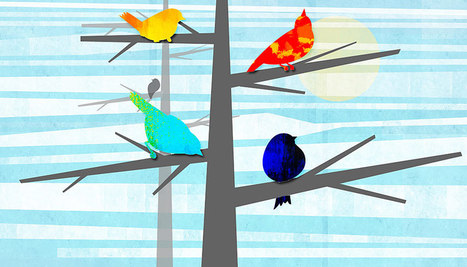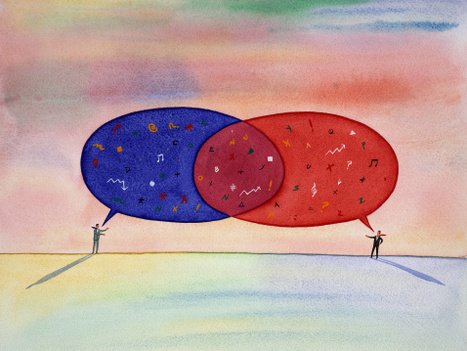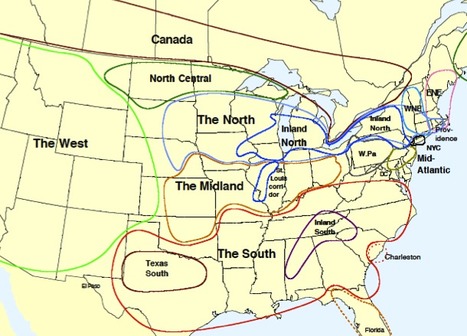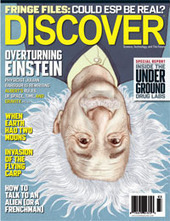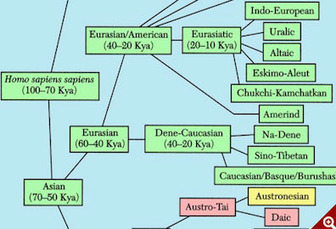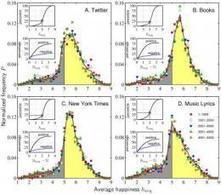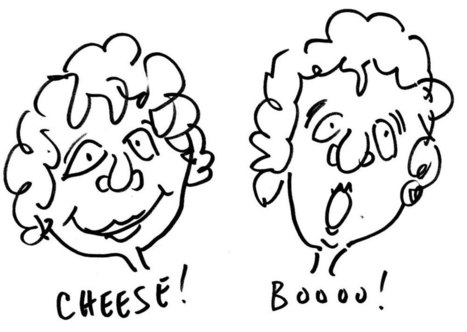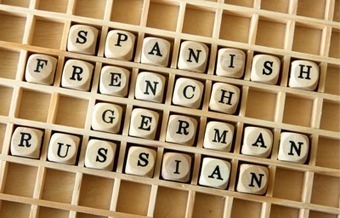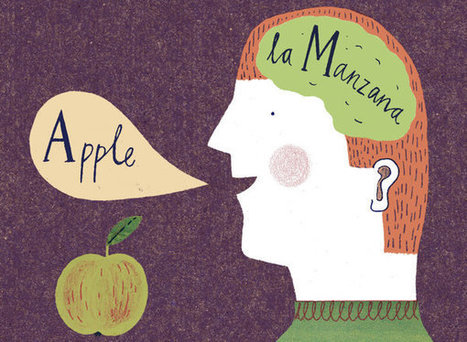With its complex interweaving of symbols, structure, and meaning, human language stands apart from other forms of animal communication. But where did it come from? A new paper suggests that researchers look to bird songs and monkey calls to understand how human language might have evolved from simpler, preexisting abilities.
Research and publish the best content.
Get Started for FREE
Sign up with Facebook Sign up with X
I don't have a Facebook or a X account
Already have an account: Login

 Your new post is loading... Your new post is loading...
 Your new post is loading... Your new post is loading...
|

Bilingüebabies's curator insight,
April 16, 2013 2:41 AM
I hope my children thank me, I wish my great grandparents knew this! 
Franchie Cappellini's comment,
January 24, 2014 6:14 AM
I had no idea the lasting effects of bilingualism! I also think its so interesting how the view of bilinguals has changed over the years. From this article I can clearly see the benefits of raising your kid bilingually—they are more adept and aware of their environment.
|



